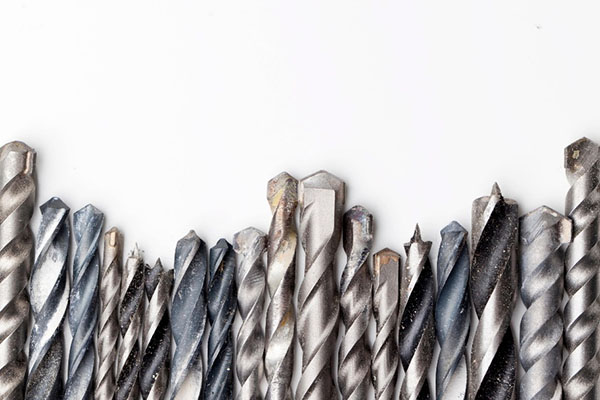How to choose the right drill bits?
When it comes to drilling tasks, whether you're a DIY enthusiast or a professional, using the right drill bit for the job is crucial. With countless options available on the market, it can be overwhelming to determine which drill bits are best suited for your specific needs. In this article, we will explore the factors to consider when choosing the right drill bits to ensure efficient and precise drilling every time.
1. Material Compatibility:
The first step in selecting the appropriate drill bit is understanding the material you will be drilling into. Different materials, such as wood, metal, concrete, or tile, require specific drill bits designed to effectively penetrate them. For instance, a wood drill bit with a sharp point and a wide flute is suitable for drilling into softwood, whereas a masonry drill bit with carbide tips is ideal for concrete surfaces. Considering the material compatibility ensures optimal performance and extends the lifespan of your drill bits.

2. Drill Bit Types:
Drill bits come in a variety of types, each designed for specific applications. Here are a few common ones you should be aware of:
- Twist Drill Bits: These versatile bits are the most common and come in various sizes. They are suitable for drilling into wood, plastic, and most metals.
- Spade Drill Bits: Also known as paddle bits, these bits have a flat, spade-shaped head and are perfect for drilling large holes in wood.
- Masonry Drill Bits: As mentioned earlier, masonry bits with a carbide tip are specifically designed to bore into hard materials like brick, concrete, or stone.
- Forstner Drill Bits: These specialty bits are primarily used for drilling precise flat-bottomed holes in wood. They are commonly used in cabinetry and woodworking projects.
- Hole Saw Drill Bits: Ideal for cutting large-diameter holes, hole saw bits are commonly used in plumbing or electrical installations.
3. Size and Shank Type:
Drill bits come in various sizes, measured in fractions or millimeters. The size you choose will depend on the hole diameter required for your project. Additionally, you should consider the shank type of the drill bits, which determines the compatibility with your drill. Most drills accept round shank bits, but some require hexagonal or SDS shanks. Ensure that the selected drill bits are compatible with your drill to avoid any compatibility issues.
4. Quality and Durability:
Investing in high-quality drill bits is essential to ensure durability and performance. Cheap, low-quality drill bits may become dull quickly, causing them to overheat and potentially damage your workpiece. Look for drill bits made from high-speed steel (HSS) or those with added coatings like titanium or cobalt, as they are known for their durability and ability to withstand heat.
5. Additional Features:
While not essential, some drill bits come with additional features that can enhance your drilling experience. For example, some bits have built-in flutes for chip removal, while others have special geometries to reduce heat and friction. Consider these features as added bonuses that may improve the efficiency and ease of your drilling tasks.
Choosing the right drill bits can significantly impact the success of your drilling projects. By considering material compatibility, drill bit types, size and shank type, quality and durability, and additional features, you can make an informed decision that ensures precise and efficient drilling every time. Remember, investing in high-quality drill bits is a wise long-term investment, as they will last longer and deliver superior results. So, before embarking on your next drilling adventure, take the time to choose the right drill bits, and watch your projects come to life effortlessly.
Post time: Aug-07-2023